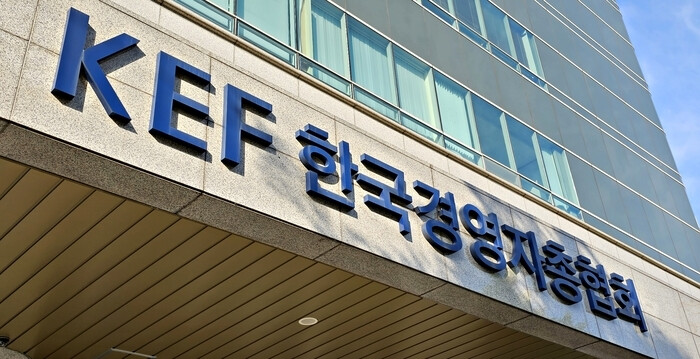
Seoul, South Korea – A recent survey conducted by the Korea Employers Federation (KEF) has revealed that nearly half of South Korean companies are preparing to tighten their belts in the upcoming year. The gloomy outlook is attributed to a combination of factors, including a sluggish domestic market and growing concerns over protectionist policies under a potential second Trump administration.
The survey, which polled 239 CEOs and executives from companies with 30 or more employees, found that 49.7% of respondents plan to adopt a "contractionary" management strategy in 2025. This figure marks the highest proportion since 2019. Notably, among companies with 300 or more employees, the percentage of those opting for cost-cutting measures surged to 61.0%, the highest level since 2016.
To achieve their cost-reduction goals, companies identified several key strategies, including comprehensive cost-cutting measures (66.7%), rationalization of workforce (52.6%), reduction in new investments (25.6%), and restructuring of business units (21.8%).
In terms of investment plans, a significant proportion of companies (39.5%) indicated that they would reduce investments compared to the current year. Only 25.5% expressed plans to increase investments. Similarly, when it comes to hiring, 44.6% of companies intend to maintain current levels, while 36.9% plan to reduce hiring.
The survey also highlighted the major challenges that businesses anticipate facing in the coming year. Domestic market weakness (66.9%) and rising labor costs (64.0%) emerged as the top concerns. Additionally, a slowdown in major economies like the United States and China (19.7%) and the spread of global protectionism (16.3%) were cited as significant challenges.
A substantial majority of respondents (82.0%) expressed pessimism about the impact of a second Trump administration on the South Korean economy. While a small percentage believed that China's rivalry with the United States could create opportunities for South Korea, the overall sentiment was negative.
When asked about the timing of a domestic economic recovery, nearly 60% of respondents projected that it would not occur until 2026 or later. Only a small fraction (0.8%) believed that the economy had already begun to recover.
"The combination of domestic uncertainties and external challenges has led to a significant increase in cost-cutting measures, particularly among large companies," said Ha Sang-woo, head of the KEF's Economic Research Division. "Given the challenging outlook for next year, it is imperative to create an environment that encourages businesses to invest."
[Copyright (c) Global Economic Times. All Rights Reserved.]




























